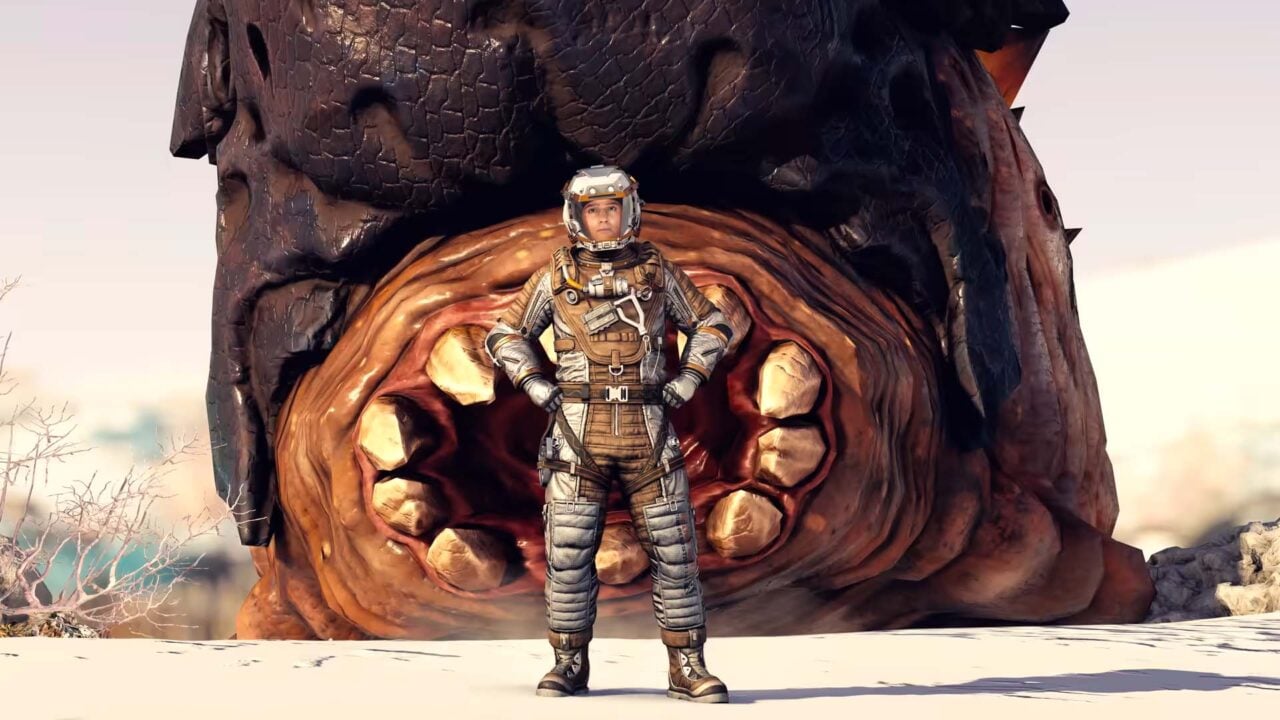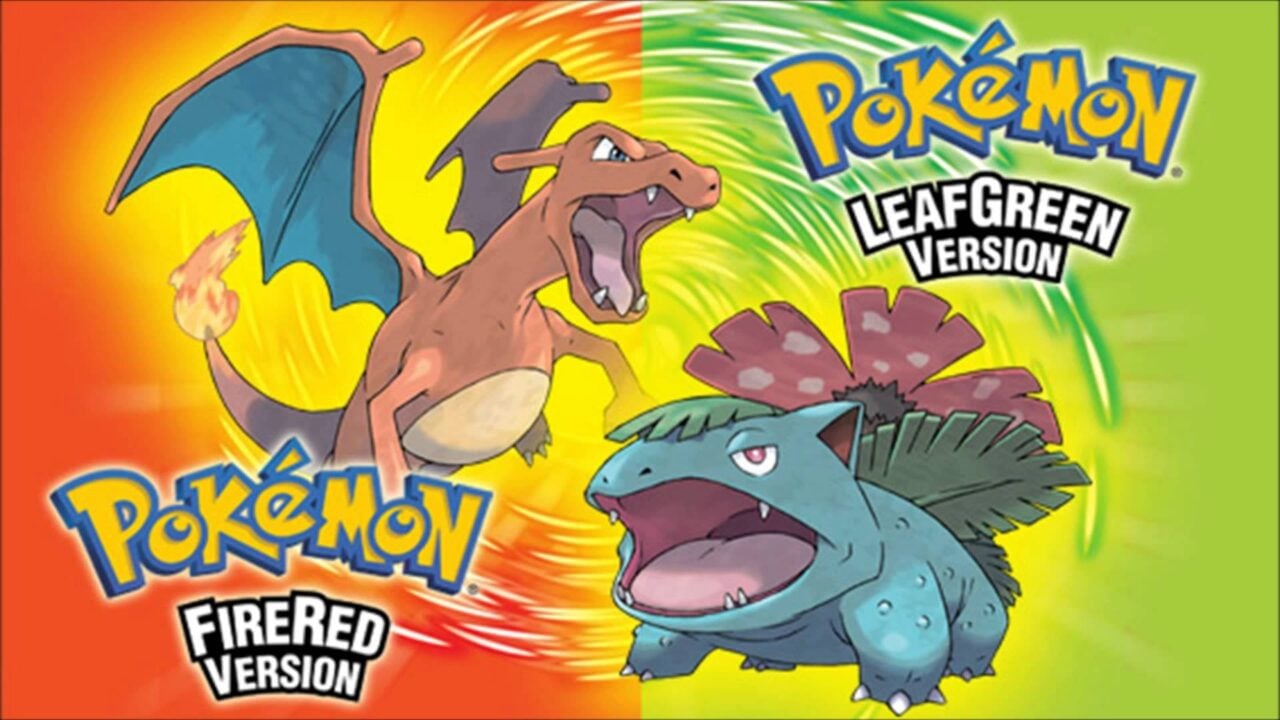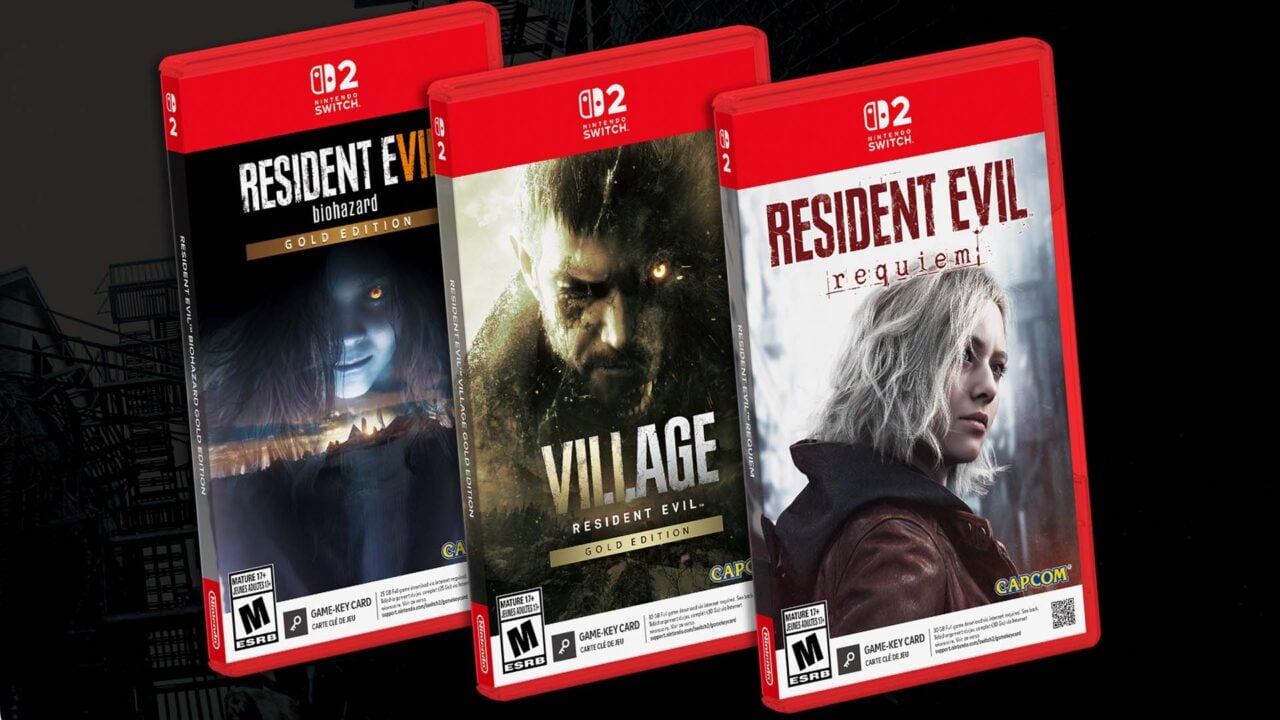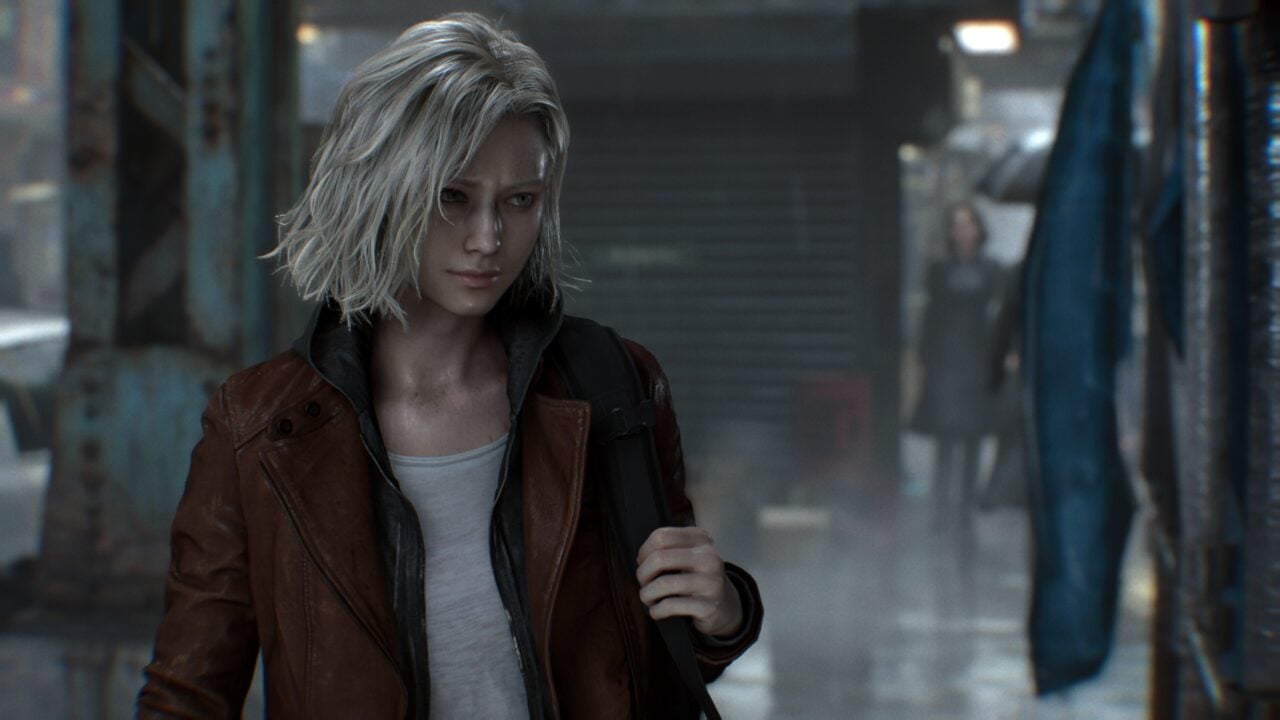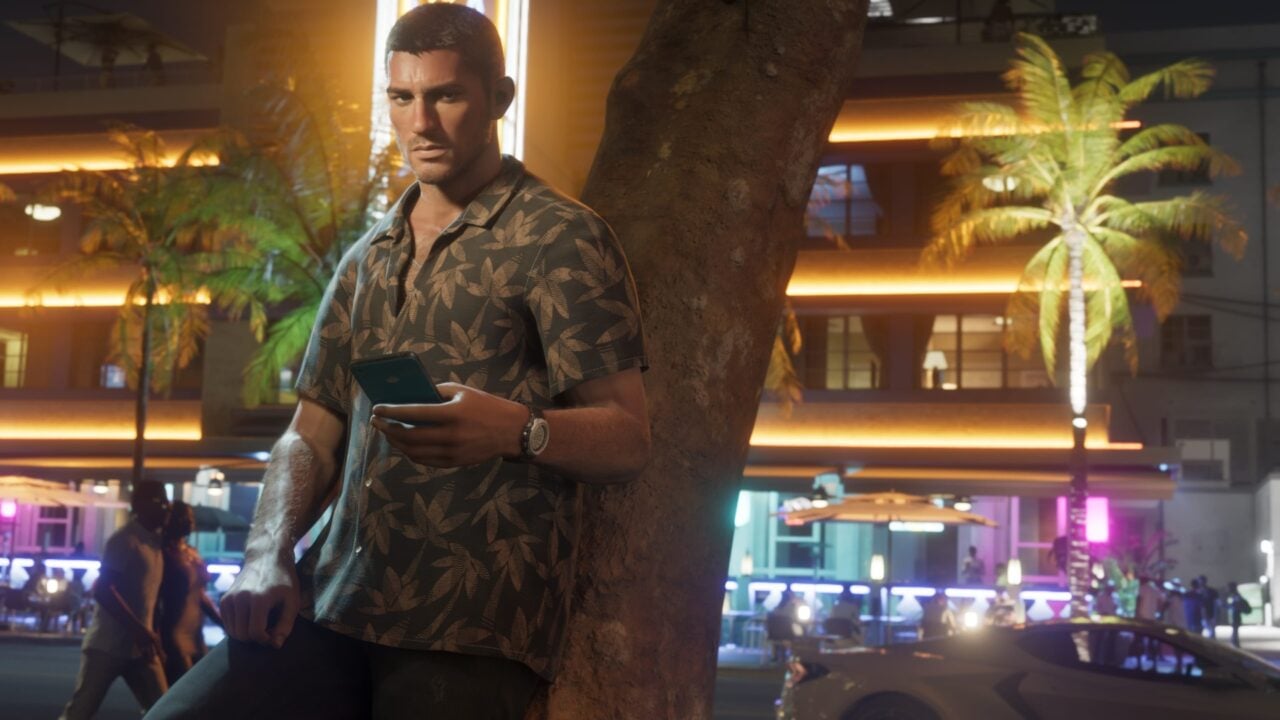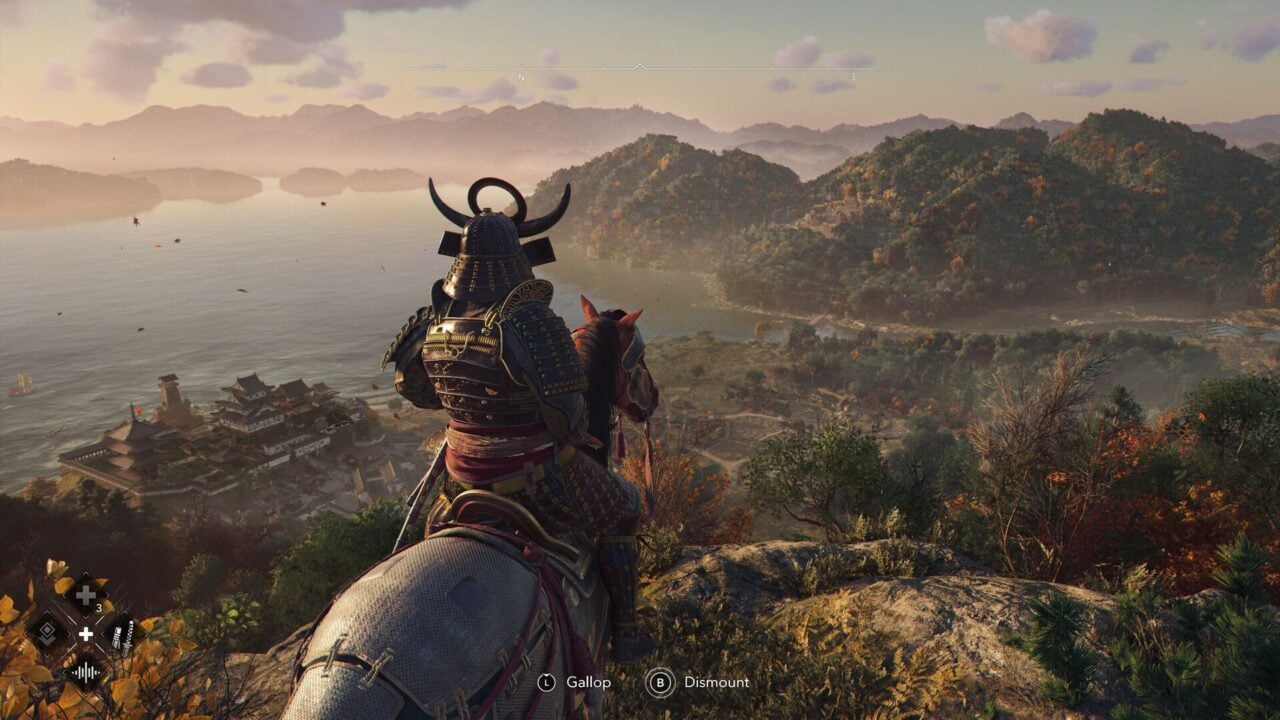Microsoft’s Copilot AI Discord Channel Goes into Lockdown Following Rise in ‘Microslop’ Messages [Update]

**Microsoft’s Copilot Discord Server Secured Amid User Backlash Expectations**
Microsoft has recently taken the pivotal step of securing its official Copilot Discord server and erasing its message history. This move came after an unexpected influx of messages employing the term “Microslop” from users attempting to bypass a newly instituted ban on the word. The source of this surge in anti-Copilot messages is still unknown, but it gathered speed once it was disclosed that “Microslop” had been included on a list of inappropriate terms by the Discord management team.
On March 1st, users observed that the term “Microslop” had been prohibited on the Discord server, prompting a surge of creativity among users who commenced posting various iterations of the phrase to evade the filtering system, such as “microsl0p.” The ban became a central issue for Discord users sharing across social media, including a prominent post by *Windows Latest*, which underscored the response and the ensuing humor that emerged from the prohibition.
The situation received additional scrutiny when *PC Gamer*’s Andy Edser sought to investigate the server himself. He found that a new term, “Sloppysoft,” was being regarded by users as a substitute. However, when he attempted to join the server, he encountered a message stating that invites had been paused.
While the precise catalyst for this collective movement remains uncertain, a notable trigger appeared to stem from a viral post on X (formerly Twitter) by VTuber Qyu. This post derided a “brain-dead” design choice concerning the Windows Taskbar, mirroring a growing exasperation among users about Microsoft’s incorporation of its AI feature, Copilot. Numerous Windows users have voiced their discontent, perceiving Copilot’s presence within Microsoft applications as “intrusive.” This feeling has been exacerbated by the challenges associated with disabling Copilot across different applications, requiring several manual adjustments in the settings.
In light of the situation, a Microsoft spokesperson addressed the matter, clarifying that the prohibition on “Microslop” was a temporary solution implemented to manage a “spam campaign” intended to disrupt the Discord community. They elaborated that the server had been targeted by spammers striving to inundate it with irrelevant and harmful content. The initial spam manifested as overwhelming walls of text, prompting Microsoft to establish filters against certain terms to reduce the influx.
The spokesperson also confirmed that the choice to secure the server was made while the team works on developing stronger security measures to protect the community and ensure a conducive environment for discussions about Copilot and other pertinent topics.
As Microsoft navigates the intricacies of offering an AI companion while maintaining user satisfaction, the backlash stemming from the Discord incident indicates an increasing demand for the company to address apprehensions regarding Copilot’s integration within its ecosystem.
